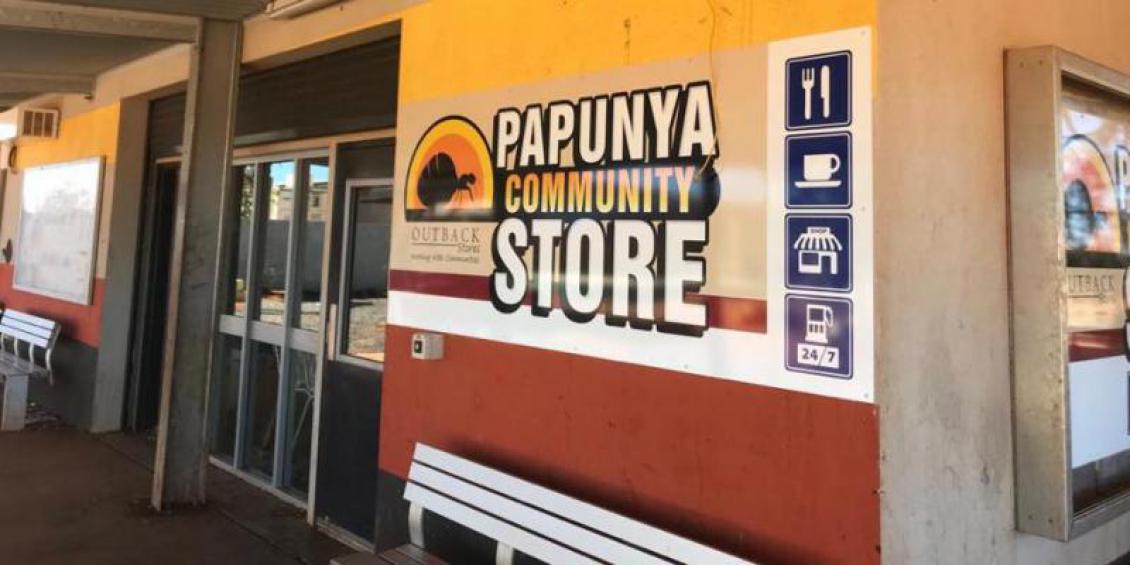Remote shoppers play a key role in ensuring supplies remain stable
Remote shoppers play a key role in ensuring supplies remain stable
National Indigenous Australians Agency

Making sure food and other essential supplies continue to flow to all Australians has been a focus of the Government since the beginning of the response to the COVID-19 pandemic.
Matching supply with demand is always a balancing act, but with an intense focus from the grocery industry and the cooperation of shoppers, the effects of COVID-19 on peoples’ weekly shop can be minimal.
Sam Jeffries (Murrawarri/Wiradjuri) is the National Indigenous Australians Agency’s Group Manager for Central Australia and is heading up NIAA’s Food Security Working Group. It brings together Governments, store managers and key industry players in the supply chain to rapidly fix issues that arise and help get goods to where they are needed most.
He says that while these parties are working to ensure the supply chain works, people in remote communities play an important part too by not over buying or hoarding.
“Our food supply chains in Australia are reliable,” Mr Jeffries said.
“But in some places where people were concerned about shortages, they stocked up on certain goods which led to actual shortages and it took a few weeks for manufacturers and distributers to catch up.
“Thankfully this hasn’t happened to a great extent in remote communities, but people do still need to be mindful about how their purchasing decisions affect others.
“So long as people just buy what they need, at their normal levels, supplies to stores will be enough for everyone.
“It’s important to remember there are different things you can buy that will help you in the longer term without depleting food stocks in community stores.
“Through our Working Group, we’ve been collecting information from the ground and relaying that to distributers so they can move stock to where it is needed.
“We have also gotten assurances from some of the largest distributers in the country that they are ring-fencing stock for remote communities to ensure a reliable supply.
“There is pressure on some products across the country and remote Australians will experience this to some extent, but to mitigate that, we are working closely with distributors, supermarkets and manufacturers to get an equitable distribution. In some cases and for some items, purchasing limits may be required at points as is the case in the rest of the country.”
People are encouraged to be clever about how to spend the additional money the Australian Government is providing through stimulus packages.
“The message is simple. While people could stock up, they don’t need to,” Mr Jeffries said.
“The NIAA is in regular contact with suppliers, so if people aren’t getting the precise products they are after, bring it to the attention of the store managers and that information will be fed up the line to address the problem.
“Everyone has a role to play in protecting our communities, and in particular protecting our Elders and our most vulnerable. You can do this by thinking about how your actions affect everyone else around you. We’re calling on everyone to work together to look after our communities.”
Visit the NIAA COVID-19 portal for more information about the support measures in place to protect remote communities from COVID-19.






